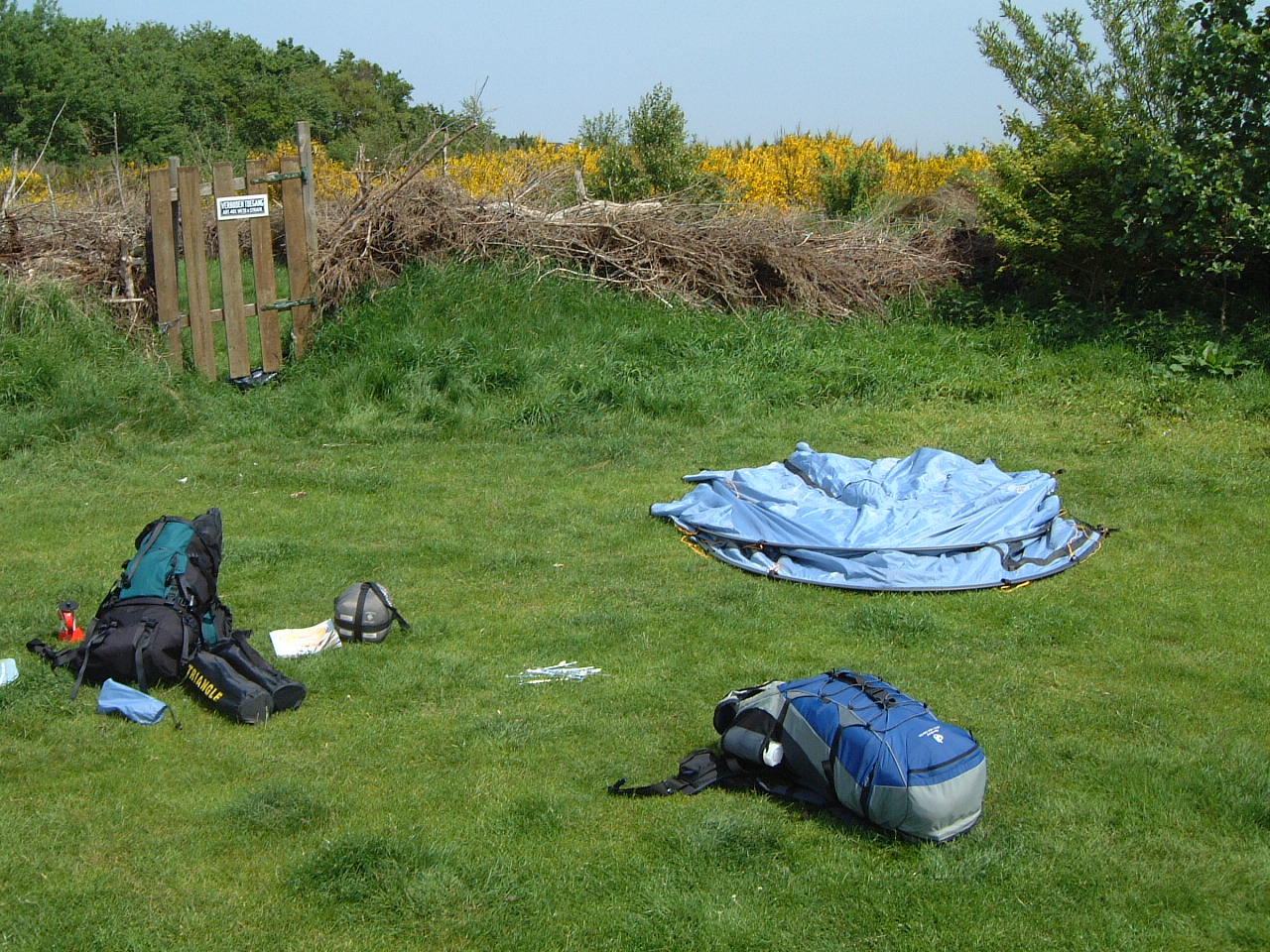About Me
 As I sit down to write about Diwali, the Festival of Lights, I'm suddenly transported back to the vibrant streets of India, where I had the privilege of experiencing this incredible 2025 holiday list firsthand. The sights, sounds, and aromas of Diwali are etched in my memory, and I'm excited to share them with you.
As I sit down to write about Diwali, the Festival of Lights, I'm suddenly transported back to the vibrant streets of India, where I had the privilege of experiencing this incredible 2025 holiday list firsthand. The sights, sounds, and aromas of Diwali are etched in my memory, and I'm excited to share them with you.
Diwali, also known as Deepavali, is a significant Hindu festival celebrated over five days in autumn, typically in October or November. The word "Diwali" means "row of lights" in Sanskrit, and that's exactly what this holiday is all about – illuminating the darkness with an explosion of lights, colors, and joy.
As the festival approaches, the atmosphere in India becomes electric. Homes are decorated with intricate rangoli patterns made from rice flour, flowers, and candles. Doors and windows are adorned with twinkling diyas (small clay lamps) and LED lights, creating a dazzling display of color and light. The air is filled with the sweet scent of incense sticks and the mouthwatering aroma of traditional sweets like gulab jamun and jalebi.
The first day of Diwali, Dhanteras, marks the beginning of the festivities. People traditionally purchase new utensils, silverware, and other household items, believing that this brings good fortune and prosperity. The second day, Chhoti Diwali or Narak Chaturdasi, is spent preparing for the main event – Lakshmi Puja, which takes place on the third day.
Lakshmi Puja is the most significant day of Diwali, and it's a sight to behold. Families gather together, dressed in their finest attire, to worship the goddess Lakshmi, the embodiment of wealth, prosperity, 2025 holiday list and beauty. The puja (worship) is performed in the evening, when the diyas are lit, and the atmosphere becomes truly magical. The soft glow of the lamps, the chanting of prayers, and the exchange of gifts and sweets create a sense of warmth and togetherness.
The fourth day, Govardhan Puja or Padva, is a celebration of Lord Krishna's victory over the demon king Indra. According to legend, Krishna saved the people of Gokul from a deluge by lifting the Govardhan Hill on his little finger, providing shelter from the rain. This day is marked by feasting and merrymaking, as families come together to share stories and enjoy each other's company.
The final day of Diwali, Bhai Dooj, is a celebration of sibling love and bonding. Sisters pray for their brothers' well-being and prosperity, while brothers gift them with tokens of appreciation and affection. This sweet exchange is a reminder of the strong bonds that exist between siblings, and the importance of nurturing these relationships.
As I reflect on my Diwali experience, I'm struck by the sheer joy and exuberance of this holiday. It's a time when people come together, forgetting their differences, to celebrate the triumph of light over darkness, of good over evil. Diwali reminds us that even in the darkest of times, there is always hope, and that with faith, love, and family, we can overcome any obstacle.
As the diyas fade, and the festivities come to an end, I'm left with a sense of peace and contentment. Diwali may be a Hindu festival, but its messages of love, hope, and togetherness are universal, and something that we can all learn from and cherish.
Location
Occupation

